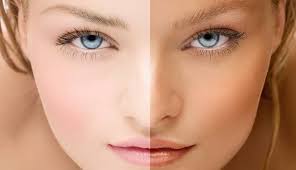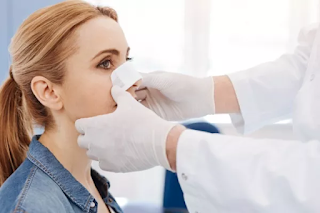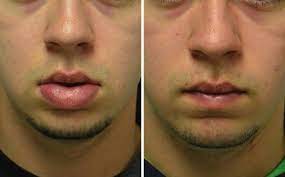Unveiling the Complexities of Skin Lightening in Islamabad: An In-Depth Exploration
Introduction:
Islamabad, the vibrant capital of Pakistan, encapsulates a tapestry of diverse cultures, traditions, and beauty ideals. The pursuit of fairer skin has gained momentum in recent times, with an array of skin-lightening products and treatments becoming increasingly popular. This blog seeks to unravel the intricacies of skin lightening in Islamabad, considering cultural influences, religious perspectives, and ethical considerations tied to this prevalent trend.
Cultural Influences:
In Islamabad, much like in many other cultures, the definition of beauty is often intertwined with the concept of fair skin. Lighter skin tones are sometimes associated with notions of purity, sophistication, and societal acceptance. The impact of media, advertisements, and societal expectations significantly contributes to the rising demand for skin-lightening products.
Religious Perspectives:
Islam, the predominant religion in Islamabad, places great importance on accepting one's natural appearance and discourages altering the creation of Allah. The Quran advocates for modesty, humility, and self-acceptance, urging believers to be content with the features bestowed upon them. While personal grooming is encouraged, a delicate balance must be maintained between maintaining hygiene and altering one's appearance for cosmetic reasons.
Ethical Considerations:
The pursuit of fairer skin prompts ethical questions within the cultural and religious context of Islamabad. Finding a balance between personal choices and adherence to ethical principles is crucial. Islam encourages individuals to prioritize inner beauty, good character, and virtuous conduct over external appearances.
Common Skin-Lightening Practices in Islamabad:
Topical Products: Skin-lightening creams and lotions, often containing herbal extracts, vitamins, and occasionally hydroquinone, are readily available in Islamabad. Consumers should exercise caution and be mindful of potential side effects associated with certain chemical components.
Natural Remedies: Some residents of Islamabad opt for natural remedies, such as turmeric, yogurt, and honey, believed to enhance complexion. While generally considered safer, the efficacy of these methods varies from person to person.
Dermatological Treatments: The city boasts an increasing number of dermatology clinics offering professional skin-lightening treatments, including chemical peels and laser therapies. Seeking guidance from qualified professionals is crucial to ensuring safe and effective outcomes.
Guidance from Islamic Scholars:
Islamabad's Islamic scholars emphasize the importance of moderation and discourage extreme measures in the pursuit of beauty. Scholars encourage individuals to be content with their natural appearance, underscoring the significance of gratitude for the blessings bestowed by Allah.
Community Awareness:
Efforts to raise awareness within the Islamabad community about the potential risks associated with certain skin-lightening practices are essential. Educational initiatives can help individuals make informed choices, prioritizing their overall well-being while respecting cultural and religious values.
Conclusion:
In navigating the landscape of skin lightening in Islamabad, it is crucial to consider the cultural, religious, and ethical dimensions associated with this trend. Striking a balance between personal choices, societal expectations, and religious principles is key. Ultimately, fostering a culture that values diversity, self-acceptance, and inner beauty aligns with the teachings of Islam and contributes to a more inclusive and harmonious society in Islamabad.




Comments
Post a Comment